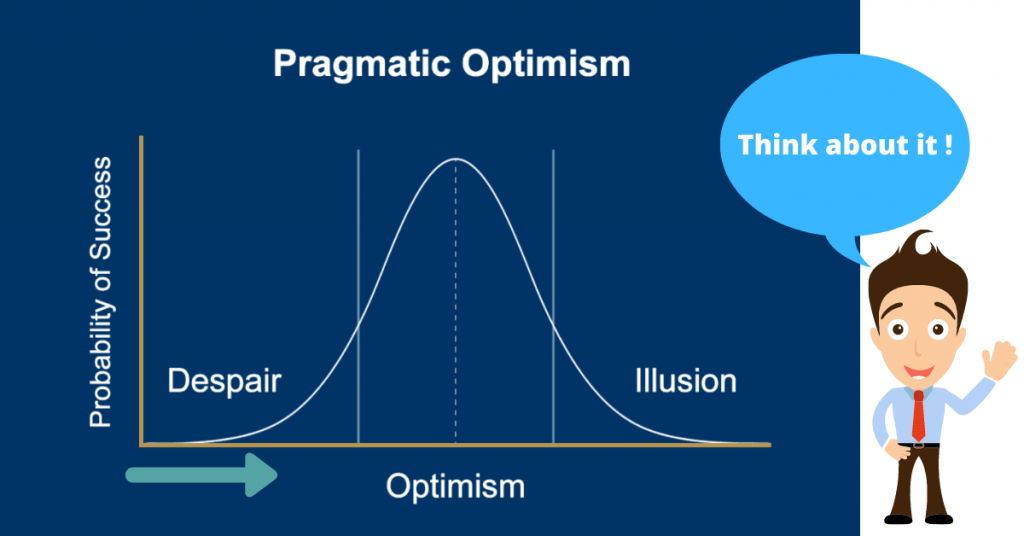Page Contents
INTRODUCTION
Pragmatism refers to the way we deal with things and matters in a more realistic, sensible but practical way rather than scrutinizing theoretically.
Usefulness, feasibility, practicality of ideas and policies can be considered as the ingredients of pragmatism.
The word pragmatism is derived from pragma (“action,” or “affair”) in Greek.
It emphasizes on the priority of action over dogma. It tells that ideas develope from experiences and retain their meaning from the consequences.
During the first quarter of the 20th century, pragmatic philosophy was the most prominent in the United States.
LET’S HAVE A TALK ON THIS TOPIC TODAY!

We once or many times in life may encounter a person who can take all his decisions by adjusting the level of emotional impact over the decision.
Its common that sometimes keeping aside emotions and
moving ahead with a practical approach in various episodes of life.
It has to occur for preaching many self-handling tacts as well.
A simple rule in the world of business also holds the principle of being less emotional and more pragmatic. The process involved demands that characteristic to survive in the industry with the prevailing and upcoming challenges.
Achieving results as “getting things done” in business and public affairs are often said to be “pragmatic.”
The word pragmatic was first registered around 1580–90.
The things or content we see or deal with are if constructive and instructive to mind, then also they are pragmatic.
PRAGMATISM and TRUTH

Some theories relate pragmatism and truth. Pragmatic theories tend to view truth as more than just a useful tool for making generalizations.
Pragmatic theories of truth thus emphasize the wider practical and performative dimensions of truth talk,
focusing on the role that truth plays in shaping and designing certain kinds of discourse.
These practical dimensions are essential to understand the concept of truth.
DOGMATISM

The tendency to act in a blindly certain manner following a strongly held set of beliefs.
Being avoidant to accept others’ beliefs, ideas, behaviors, opinions, or perceptions.
DOGMATICS ARE OPPOSITE TO PRAGMATICS
Dogmatic individuals are kinda resistive in understanding new conceptualizations.
They are unable to accept reasonable thoughts instead of their, maybe incorrect pieces,
exhibits a non-cooperative behavior for those having different ideas.
It exceptionally affects the overall exposure to the growing world and the people associated with it.
At some point, dogmatism is positive and negative also.
Now it ultimately depends upon perspectives.
CONCLUSION
High involvement and dogmatism reduce the communication’s persuasiveness. This is easily observed when people engage in discussions about various topics and decision making. The dogmatic individual will only try to impose his visionary thoughts,
no matter true for others or not.
For an enthusiast who has high aspirations of exploring the different aspects of various
phenomenon and other materialistic things. A straightforward balanced method is to opt.
(Written by Tushar)


Very well explicate !
Good job👊👏
So thoughtful!!
Great work☆
Great one 👏